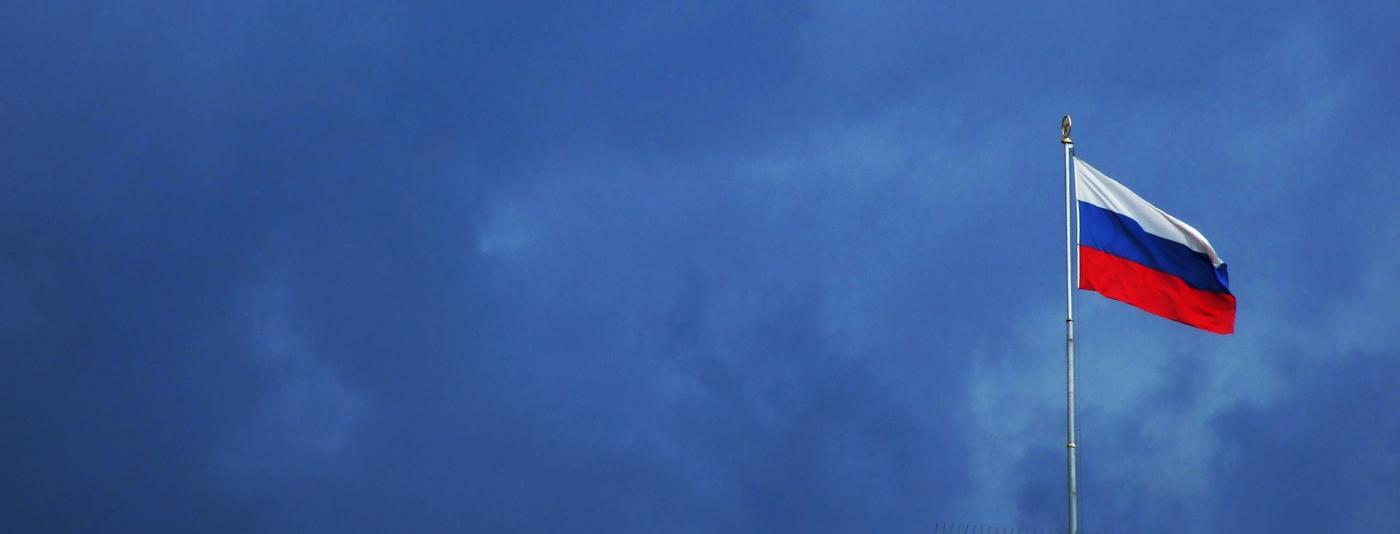Should Dutch academia boycott Russian institutions?

The Massachusetts Institute of Technology in the USA, one of the world’s most prestigious universities, has announced that it is cutting ties with a Russian partner. The step was taken in protest against the war in Ukraine.
The next edition of the mathematics congress at which the prestigious Fields Medal is awarded was supposed to take place in Russia. In response to an appeal by mathematicians the world over, the organisers have decided that it will no longer be held there. It will now be an online event.
Russia is being kicked out of several sports competitions, entertainment events, and commercial affairs. Assets are being frozen, the Champions League final is moving from Saint Petersburg to Paris, and no Russian representative will perform at the Eurovision Song Contest.
Appeals made
But how about an academic boycott? Last Friday, German scientific organisations put all collaboration with Russian universities, state institutions and companies on hold in response to an appeal by the German government.
The German Member of the European Parliament, Christian Ehler, whose specialism is the research & innovation programme Horizon Europe, hopes the rest of Europe will follow suit. The payments to Russian participants in the current and previous European research programme (Horizon 2020) must, in his view, be stopped.
Russian researchers and scientific journalists saw it coming. They signed an open letter protesting against the invasion of Ukraine and warned that Russia is at risk of becoming the pariah of Europe. “That means that researchers like us can no longer do our work normally. In fact, conducting scientific research is unthinkable without the full cooperation of colleagues in other countries. War with Ukraine has no benefits at all.”
Against the grain
But cutting ties goes against the grain in the academic world. Researchers would rather work with smart, curious people from across the globe, preferably without any political fuss. China is a good example: despite all the criticism against that country's political regime, researchers prefer to say in touch with their academics. It is a recurring debate.
The European Federation of Academies of Sciences and Humanities (ALLEA) uses words such as shock, deep regret, blatant attacks and deep concern to condemn the war in Ukraine. The Royal Netherlands Academy of Arts and Sciences agrees with that view. ALLEA is considering further steps in support of Ukrainian colleagues but is not imposing a boycott.
Dutch universities have condemned the war too. “We wish to express our solidarity with students and staff in Ukraine, and we embrace those in the academic communities in Russia who are speaking out against the invasion while courageously continuing to dedicate themselves to peace, dialogue and open cooperation”, they write on the website of their umbrella organisation. But that is as far as it goes, for the time being.
House of Representatives
In the House of Representatives, party VVD posed questions on this topic in a debate with the Minister of Foreign Affairs, Wopke Hoekstra. “Have we yet tried to stop all ongoing programmes and arrangements with Russia?”, asked MP Ruben Brekelmans. He made reference to ICT programmes as well as to the European research programme Horizon. “Have we checked them all? Maybe that should be the next step.” Hoekstra replied: "I am certainly willing to keep that on the agenda”.
To be continued, no doubt...